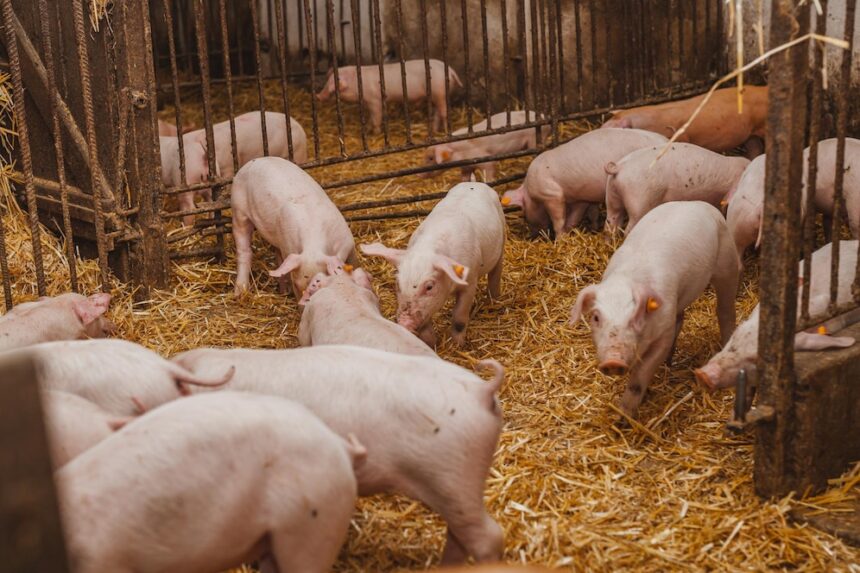Starting a small-scale pig farm in South Africa can be a profitable venture if done correctly. With increasing demand for pork and pork products across the country, pig farming presents an opportunity for both rural and urban entrepreneurs looking to enter the agricultural sector. However, success depends on proper planning, commitment, and understanding of basic piggery practices.
The first step is choosing a suitable location for your piggery. Pigs need a clean, well-drained space with good ventilation and access to water. The area should be far enough from residential zones to avoid odor issues but close enough to access markets and feed suppliers. Zoning laws and environmental regulations should be checked with the local municipality before starting construction.
Next, build basic pig housing that protects the animals from extreme weather while allowing free movement and easy cleaning. For small-scale operations, simple pens made of bricks or concrete blocks with corrugated iron roofing will suffice. Each pig should have at least 1.5 to 2 square meters of space. Dividing pens for different stages—piglets, growers, and sows—is ideal. Cleanliness is crucial to prevent disease outbreaks, so include proper drainage and waste disposal in your design.
Choose the right pig breed for your farm’s goals. Local breeds like Kolbroek are hardy and well adapted to South African conditions, while imported breeds such as Large White or Landrace are excellent for meat production. Starting with 2 to 4 sows and one boar is ideal for beginners. If you cannot afford a boar initially, artificial insemination services are available in many parts of the country.
Feeding pigs properly is one of the most important aspects of pig farming. Pigs require a balanced diet of grains, protein, and vitamins to grow well and reproduce. Commercial pig feed is available from suppliers like Nutri Feeds or Epol, but many farmers also supplement with food waste, cooked vegetables, or maize bran to cut costs. Always provide clean drinking water, as pigs consume a lot daily.
Healthcare and biosecurity are essential. Vaccinate your pigs according to veterinary guidelines and watch for common diseases like African swine fever, mange, or diarrhea. Work closely with a local vet to establish a health plan. Clean tools, limit visitors, and isolate new or sick animals to protect your herd from infections.
Marketing is the final piece of the puzzle. Small-scale pig farmers can sell live pigs to local butcheries, abattoirs, or directly to consumers. You can also explore selling pork cuts or value-added products like sausages, bacon, or polony if you comply with health regulations and processing standards. Building relationships with local buyers or forming cooperatives with other farmers can help improve profitability.
Starting a small-scale pig farm in South Africa does not require a huge investment, but it does demand consistent care, planning, and knowledge. By starting small and learning as you grow, you can build a successful piggery that supports your livelihood and contributes to the country’s growing pork industry.
Join 'Farmers Mag' WhatsApp Channel
Get the latest Farming news and tips delivered straight to your WhatsApp
CLICK HERE TO JOIN






